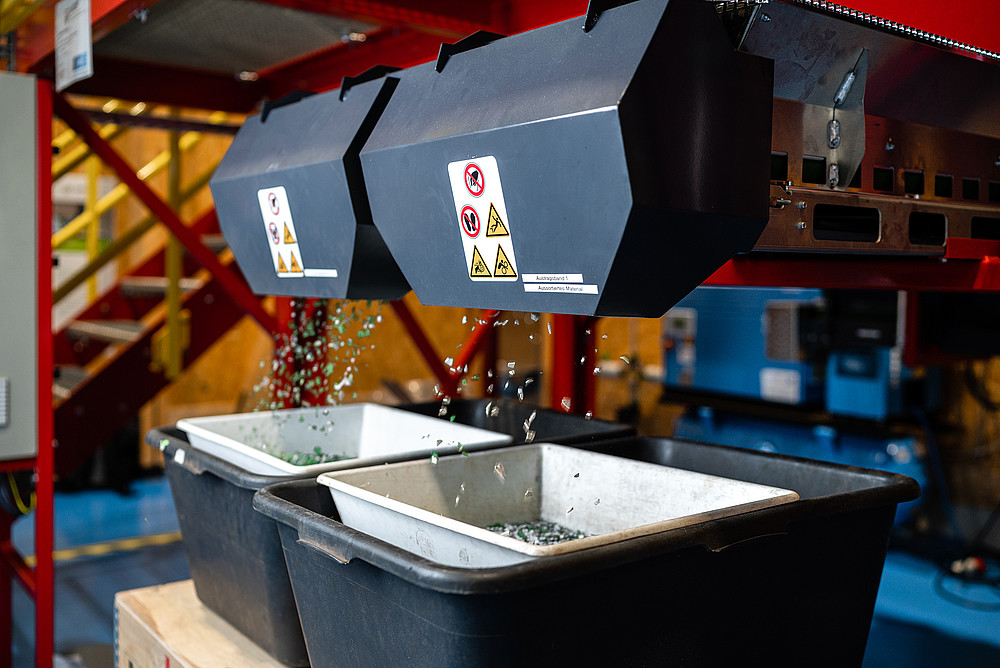New project researches sorting and recycling of NFRP with biopolymers

The use of biodegradable biopolymers based on renewable raw materials for the production of fiber-reinforced plastics is not only associated with enormouspotential CO2 savings in production, but also with a possible reduction in the weight of the goods produced.
As biopolymers are ideally suited for the production of natural fiber-reinforced plastics (NFRP), their use opens up a wide range of new applications, including in the field of packaging and disposable containers, but also in higher-value applications, such as in the automotive sector.
In the newly launched Impulse Project 7, the expected real waste streams resulting from these potential new areas of application are being researched and their sorting and recycling capability investigated and optimized.
The main aim is to sort out NFK from a mixed waste stream and then recycle it or recover energy from it. The necessary research is carried out in close cooperation with partners in the field and other LaNDER³ research areas (product applications, fiber recovery, composites and opticycling) and using the latest sensor and data processing technologies with the aim of establishing a recycling technology.
The aim of impulse project 7 is to establish a recycling technology for NFRP. To this end, the sorting and recyclability of NFRP whose plastic content consists of biopolymers is being investigated and optimized.
In this project, which started in 2021 and thus in the intensification phase of LaNDER³, a sharpening and further development of the research focus 2 (recycling) of impulse project 1, from the previous development phase of LaNDER³ is planned.
The focus remains on researching the circular concept of the life cycle of natural fiber-reinforced components with various plastics.